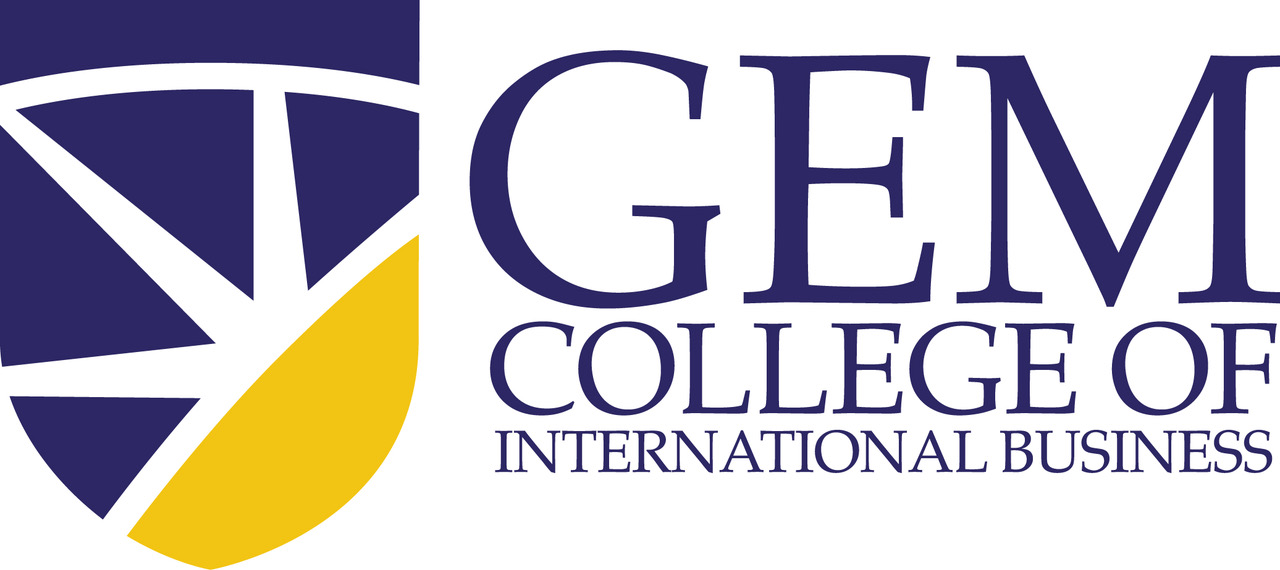-
Add to cart
Access resources and support to address foundation skills in vocational practice (TAELLN412)
$490.00This unit describes the skills and knowledge that vocational trainers and assessors need to access resources, which include collaboration with foundation skills specialists, in order to integrate foundation skills into a vocational training program. The unit applies to individuals who teach, train, assess and develop training and assessment resources. Competence in this unit does not indicate that a person is a qualified specialist adult language, literacy or numeracy practitioner. No licensing, legislative or certification requirements apply to this unit at the time of publication. -
Add to cart
Intermediate Project Management (Audio)
$49.00In this course, you will focus on the last three stages of the project life cycle: planning, execution, and termination. This includes identifying tasks and resources; using scheduling techniques like the work breakdown structure, Gantt charts, and network diagrams; preparing a budget; executing a project; and controlling changes. -
Add to cart
Working Smarter: Using Technology to Your Advantage (Audio)
$49.00In this course, youll learn how to use technology to your advantage. Computers, various types of applications, software purchases, technical training, IT budgets, security, privacy, usage policies, ergonomics, instant messaging, and telecommuting are all covered. -
Add to cart
Project Management: All You Need to Know
$49.00Upon completion of this course you will have developed valuable new skills that will allow you to competently manage a project. You will come away from this course knowing about project management basics and how to being project planning. You will learn about the project life cycle and project planning documents. Youll learn about communications and how to deal changes and project tracking and also how to conduct status meetings. The course wraps up with a look at closing your project.

































